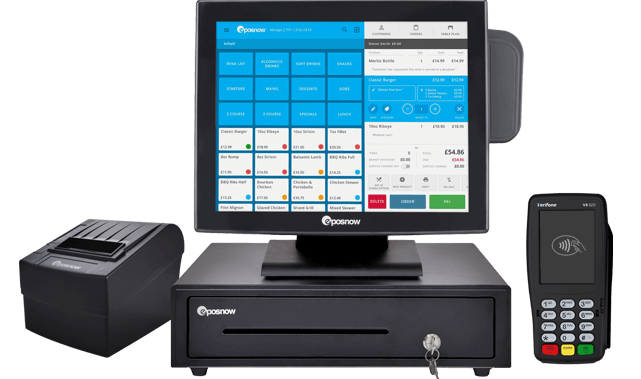
Epos, or POS as it is now commonly known, has been around for nearly fifty years and was initially created to cut down a retailer’s stock inventory, which it still does very effectively.
It is no longer out of reach for small retailers concerning cost and is nowhere near as cumbersome as previously used technology.
There are several different types of a point-of-sale systems depending upon your industry.
How do epos systems work?
The system, in most cases, can be customised to help small businesses with day-to-day operations such as staffing, accounting, stock management and marketing. Most of it is automated, saving the company many hours of repetitive tasks. The benefit is that teams can spend more time engaging with customers.
Barcodes are primarily used to track stock sales orders, pricing promotions, and more.
How much does an Epos system cost?
The system requires hardware which usually consists of a screen, barcode scanner, receipt printer, cash drawer and a card machine. The cost for a system could start from as little as £25 a month.
Which epos system is best will depend upon the industry that you are in and the functionality that you want from it. Also, consider the level of integration you want with your accounting software and payment system.
Some systems to consider for Retail are Revel, Eposnow and Square.
For Restaurants Lightspeed, Touch Bistro, Revel, and Good Till.
For Bars and Pubs, Zettle, Eposnow, Lightspeed, Food Till and Nobly.
Source AAT Business Finance
